What Does Marjoram Taste Like?
Marjoram has a sweet, delicate flavor with floral and citrus notes, and is milder than oregano. It's often described as having gentle minty undertones and a hint of spiciness, but without being overpowering. This herb is perfect for enhancing dishes without dominating the other flavors.
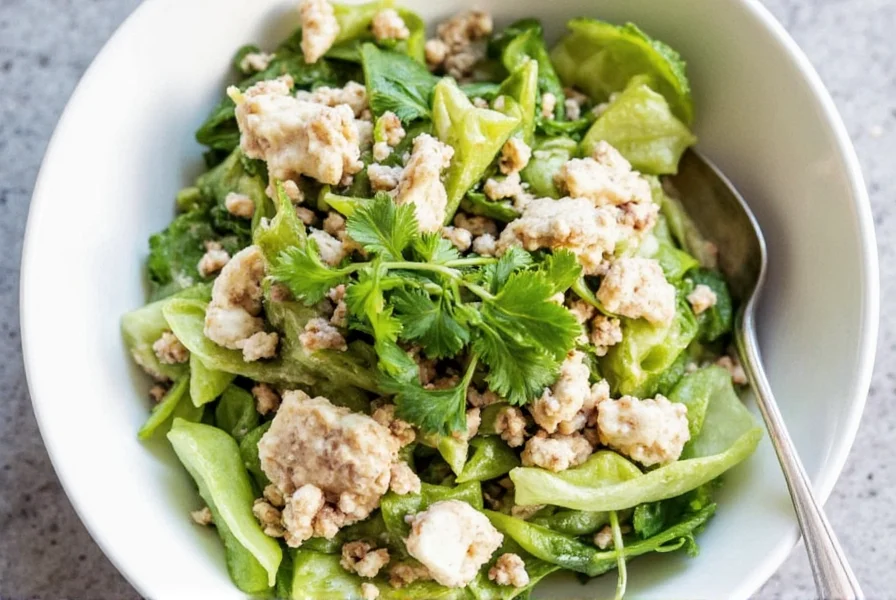
Flavor Profile of Marjoram
The flavor of marjoram is subtle, sweet, and slightly floral with a hint of citrus. Unlike its bolder relative oregano, marjoram brings a gentle warmth that enhances without overpowering. It contains essential oils like sabinene and terpinene, which contribute to its aromatic profile.
Key Notes in Marjoram's Flavor:
- Sweet and minty undertones
- Mild spiciness
- Floral and citrus-like finish
- Herbaceous depth perfect for savory dishes
This unique combination makes marjoram especially popular in Italian, Greek, and French cooking. Whether used fresh or dried, it blends beautifully with garlic, thyme, rosemary, and basil.
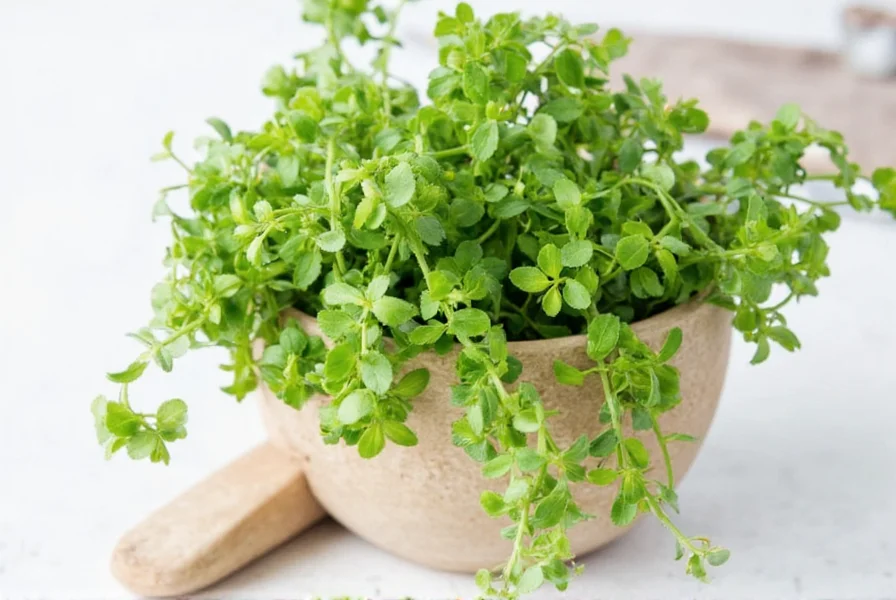
Marjoram vs. Oregano: Key Differences
While both belong to the Origanum genus, marjoram and oregano have distinct flavor profiles. Here's how they compare:
| Feature | Marjoram | Oregano |
|---|---|---|
| Taste | Sweet, floral, and mild | Earthy, pungent, bold |
| Best Used In | Fish, poultry, delicate vegetable dishes | Pizza, pasta sauces, grilled meats |
| Aroma | Citrusy, herbal | Spicy, woody |
| Texture | Soft, velvety leaves | Thicker, tougher leaves |
Substitution Tip:
For a milder flavor, use marjoram in place of oregano. If substituting oregano for marjoram, use only half the amount to avoid overpowering the dish.
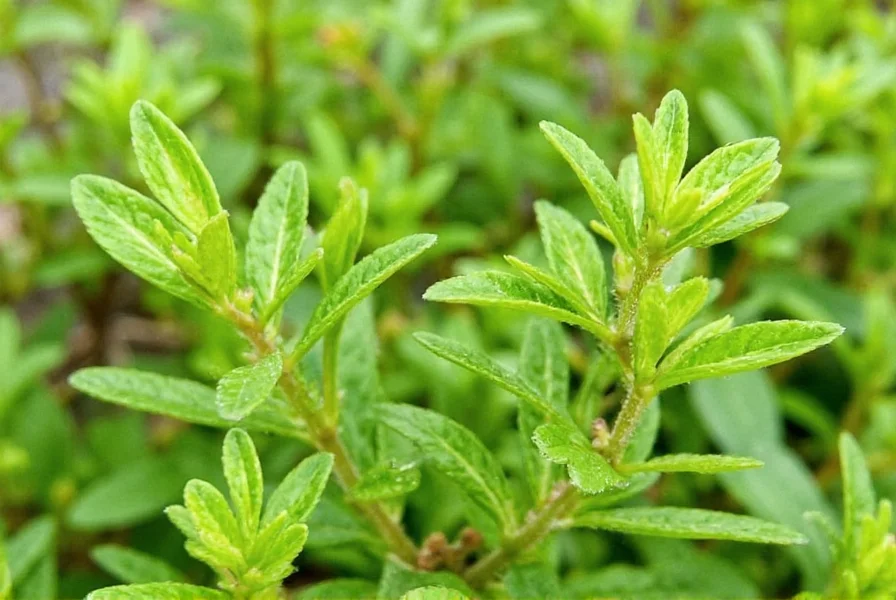
Using Marjoram in Cooking
Preserve marjoram's delicate flavor with these techniques:
- Add dried marjoram early: For soups or stews, add dried marjoram at the beginning to allow full flavor infusion.
- Add fresh marjoram late: Toss fresh leaves in during the last 5-10 minutes of cooking to retain brightness.
- Pair with lemon: The citrus notes in marjoram shine when combined with lemon zest or juice.
- Infuse oils or butter: Mix with olive oil or softened butter for dressings, bread toppings, or finishing sauces.
- Use sparingly with strong flavors: Marjoram's subtlety works best with mild ingredients like chicken, fish, or vegetables.
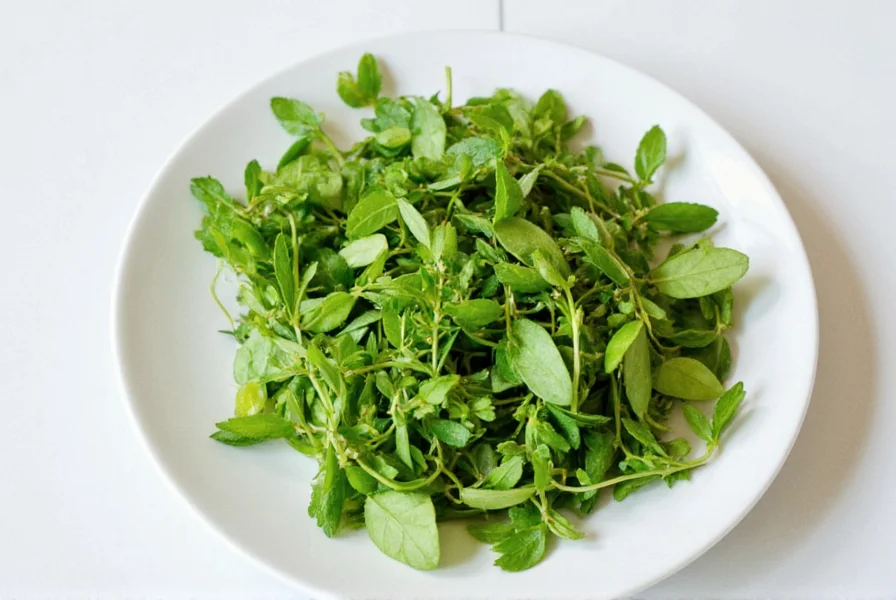
Frequently Asked Questions About Marjoram Flavor
What does marjoram taste like?
Marjoram has a sweet, delicate flavor with floral and citrus notes. It's often described as milder and more subtle than oregano, with gentle minty undertones and a hint of spiciness. The overall profile is warm, herbaceous, and slightly peppery without being overpowering.
Is marjoram the same as oregano?
No, marjoram and oregano are related but distinct herbs. Marjoram (Origanum majorana) is sweeter and milder, while oregano (Origanum vulgare) has a stronger, earthier, more pungent flavor. Marjoram works well in delicate dishes like fish and vegetables, while oregano stands up better to bold flavors like pizza and tomato sauces.
What's the difference between fresh and dried marjoram flavor?
Fresh marjoram has a brighter, more floral and citrus-forward flavor profile. Dried marjoram develops deeper, more concentrated herbal notes but loses some delicate floral qualities. As a general rule, use 1 tablespoon fresh marjoram for every 1 teaspoon dried marjoram in recipes.
What foods pair well with marjoram?
Marjoram complements poultry, fish, eggs, tomatoes, zucchini, carrots, beans, and mild cheeses. It works beautifully with lemon, garlic, thyme, and rosemary. In Mediterranean cuisine, it's commonly used in vegetable dishes, light sauces, and herb rubs for chicken or pork.
How much marjoram should I use in cooking?
For dried marjoram, start with 1/4 to 1/2 teaspoon per serving. For fresh marjoram, use 1-2 teaspoons chopped per serving. Remember that dried herbs are typically 2-3 times more potent than fresh, so adjust accordingly.
Does marjoram lose flavor when cooked?
Yes, marjoram's delicate flavor compounds are somewhat volatile. When using fresh marjoram, add it during the last 5-10 minutes of cooking to preserve its flavor. Dried marjoram benefits from longer cooking times (15-20 minutes) to fully release its flavors into sauces, soups, and stews.
Can I substitute marjoram for oregano?
You can substitute marjoram for oregano when you want a milder flavor profile. Use a 1:1 ratio for fresh herbs, but for dried herbs, you may want to use slightly more marjoram (about 25% more) since it's less potent. Conversely, if substituting oregano for marjoram, use only half the amount to avoid overpowering the dish.
Final Thoughts
Marjoram's sweet, floral flavor makes it a versatile herb for enhancing dishes without overpowering them. Whether you're cooking delicate fish, roasting vegetables, or making a simple salad dressing, understanding its unique profile helps you use it effectively. With proper timing and pairing, marjoram can transform everyday meals into something special.

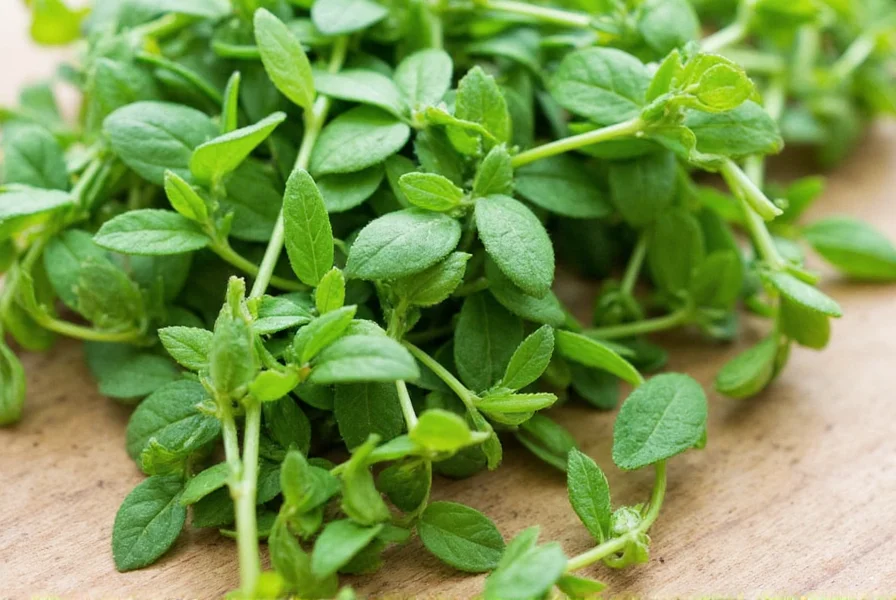









 浙公网安备
33010002000092号
浙公网安备
33010002000092号 浙B2-20120091-4
浙B2-20120091-4